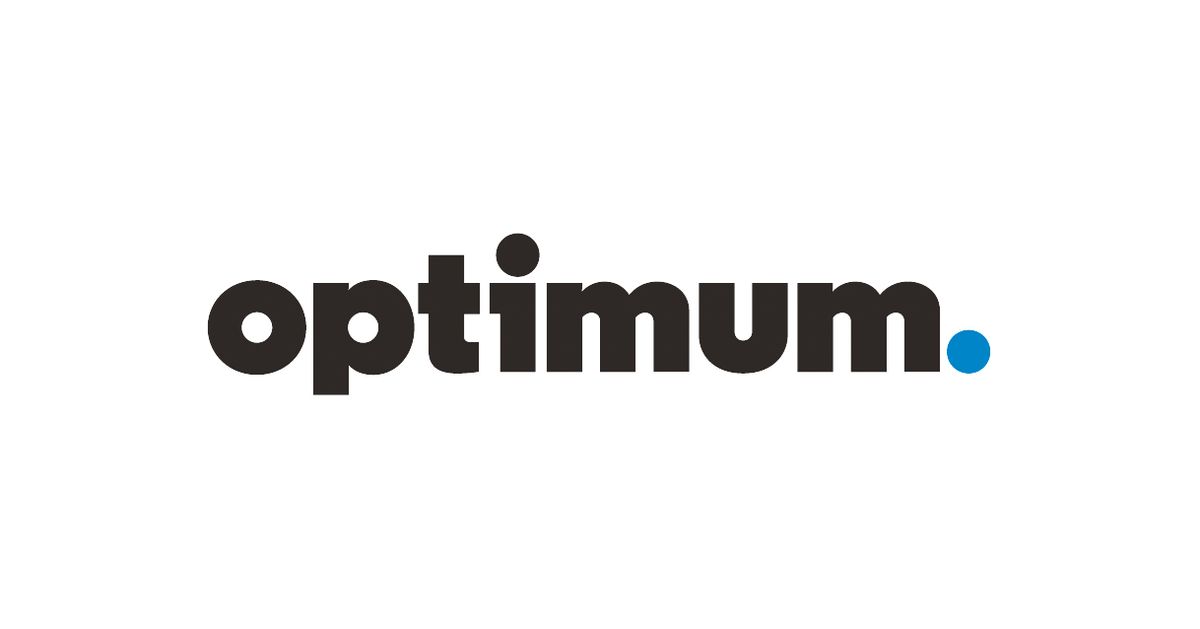Facebook is cracking down on fake reviews on its platform
Illustration by Alex Castro / The VergeFacebook is cracking down on user reviews to prevent people from leaving fake feedback on businesses’ pages. The company has updated its Community Feedback policy to address this widespread issue. While Facebook has...

Facebook is cracking down on user reviews to prevent people from leaving fake feedback on businesses’ pages. The company has updated its Community Feedback policy to address this widespread issue.
While Facebook has already been taking action against potentially abusive reviews, the new policy puts these rules into writing. Facebook’s new guidelines protect against people who leave fake bad reviews as a way to get refunds or other freebies out of a business that wants to please its customers, and they’re also supposed to tackle incentivized reviews. This addresses the overly positive (and usually very vague) reviews businesses pay random users to leave on their pages. I’m guessing that this applies to any (actually real) bad reviews businesses pay users to change as well.
Other reviews subject to takedown include ones that have nothing to do with the business it’s supposed to be addressing, contain graphic or inappropriate content, or are just plain spammy. If a customer or business violates any of these rules, Facebook says it will remove the sketchy review in question, bar businesses access to product tags and listings, as well as suspend or ban “access to any or all Meta products or features.” Repeat offenders could have their Facebook accounts suspended or banned.
But just because Facebook made up rules for its own platform, this doesn’t mean it hasn’t bent the rules on other sites — remember when a group of Facebook employees was caught leaving fake five-star reviews for the Portal on Amazon? Facebook itself has also become a hub for fake review rings, in which sellers on Amazon recruit and pay users to leave good reviews on their products. The platform mopped up 16,000 of these groups last year, but an investigation from consumer rights group Which? indicates that plenty of them are still around.

 Lynk
Lynk 



















.jpg&h=630&w=1200&q=100&v=6e07dc5773&c=1)





.jpg&h=630&w=1200&q=100&v=f776164e2b&c=1)






